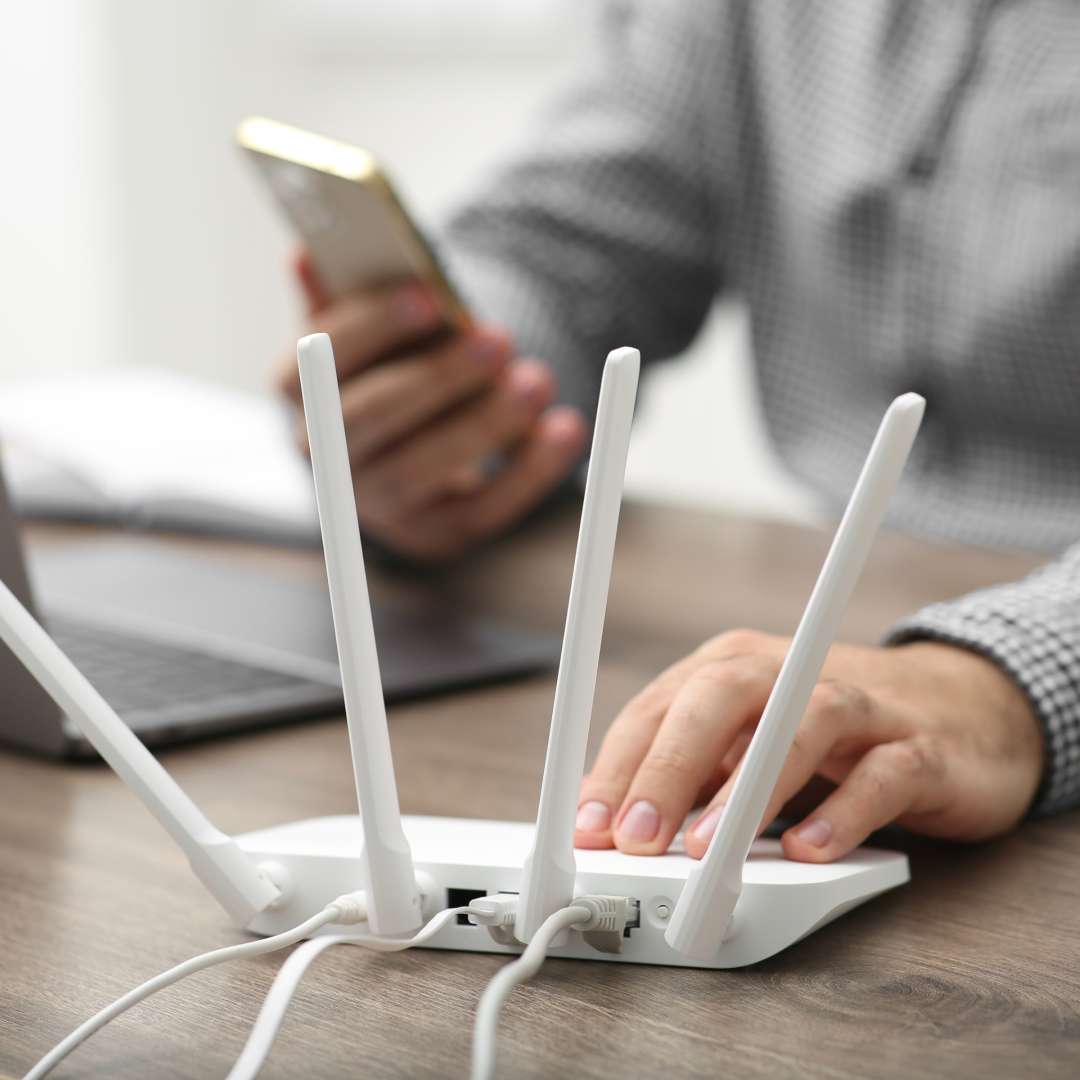TECH
Wound dressings that carry themselves have accelerated the wound healing up to 5 times
The scientific community has long discovered that electricity can be very helpful in healing wounds, but the power required makes more practical solutions than those found in hospitals in the form of electrotherapy machines impossible. However, the future may reserve new ways to this type of treatment.
A group of Chinese and American researchers are developing an electronic patch that promises to be as easy to apply and use as its more traditional versions. In this case, the dressing integrates small electrodes, which are fed by nanogenerators. The latter have to be glued to your torso, but all you have to do to activate them is to breathe, since the consequent movement of the chest is enough to help these devices generate energy.
Once in operation, the electrodes then send small electrical discharges to the wound. The researchers say that this process speeds up the speed with which a wound heals up to five times.
It has not yet been completely scrutinized as to how electricity impacts the healing process, but it has been concluded, through several studies, that the treatment is beneficial, especially for the growth of new tissues.
In the laboratory, the results of the experiments conducted were substantially positive. In a group of rodents, wounds that normally take two weeks to heal, need only three days under one of these electrical patches to heal completely.
Researchers involved in the project explain that the materials used in the development of this gadget are common and inexpensive, so the production of it should not be much more expensive than that of ordinary dressings. It is not likely, however, that these will populate the shelves of your pharmacy in the near future, since the product will still undergo a series of tests. Sapo

No comments:
Post a Comment